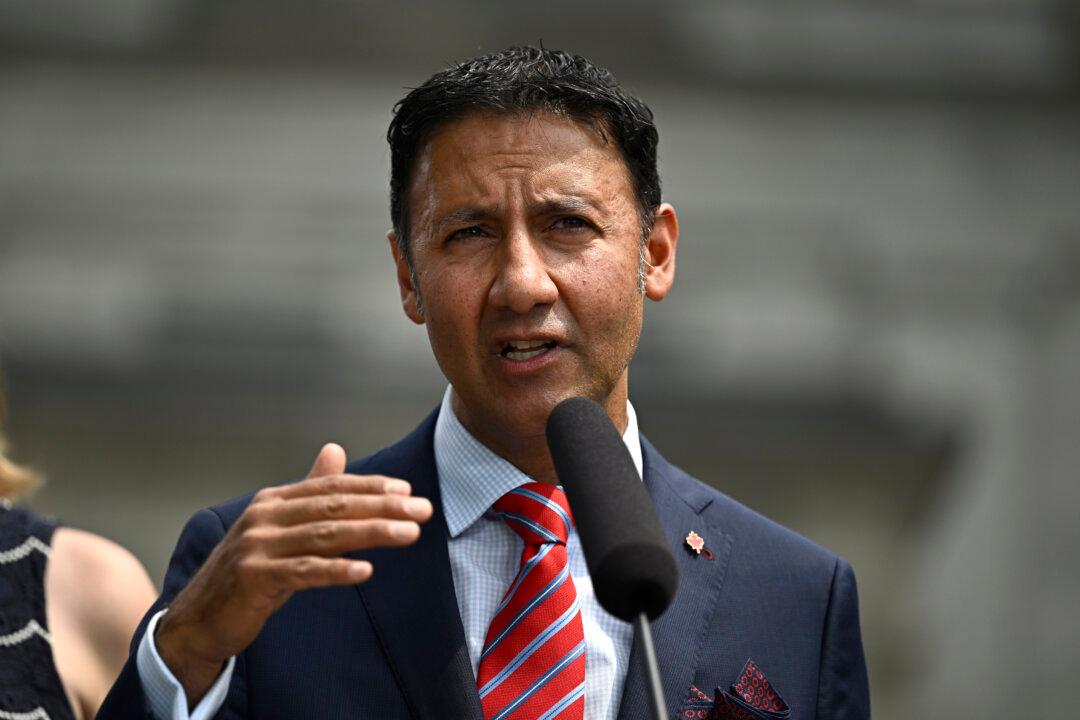Federal Justice Minister Arif Virani has taken to social media to criticize the Saskatchewan government’s decision to use the notwithstanding clause to override a court injunction to pause its pronoun policy.
The Saskatchewan government announced on Aug. 22 that schools would need to seek the consent of parents of children under 16 who want to change their pronouns. The policy would also allow parents to opt their children out of sexual health classes.





